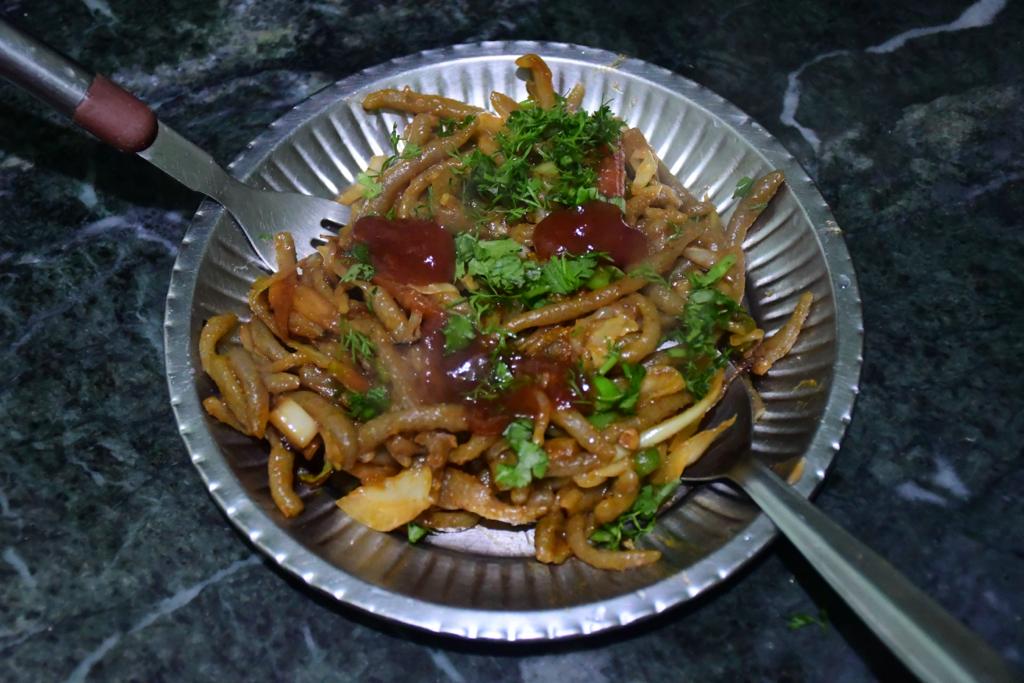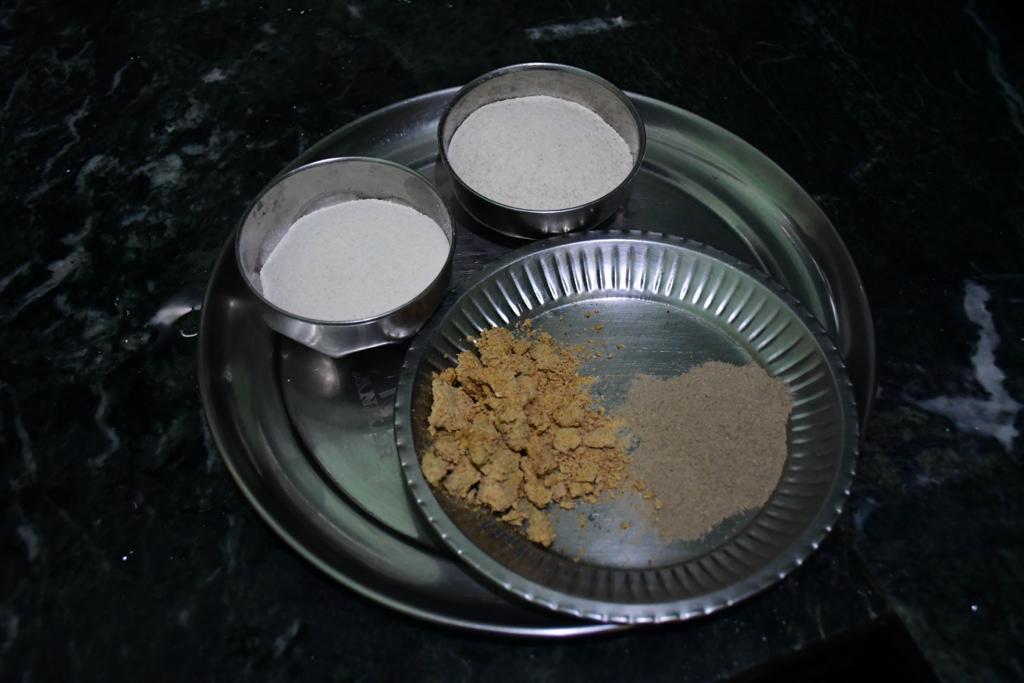Himachal college professor invents herbal noodles comprising Ayurvedic wonders shatavari, giloy and ashwagandha, files for patent

The Newz Radar
MANDI: A researcher at the Mandi Government College in Himachal Pradesh has invented a variety of noodles that is not only sumptuous but also healthy as it has been prepared from ashwagandha, shatavari and giloy powder.
An Assistant Professor of Botany at the Mandi college, Tara Sen has not only formulated the technique, but has also filed for a patent. She emphasised the current trend of people being more discerning about their food choices, driven by factors like taste, aroma, texture, appearance and cost. She said nowadays, people were increasingly getting more health-conscious, incorporating various herbs and leafy vegetables in their diets for added fibre, nutrition and overall well-being.
Talking to TNR, Sen said, “Noodles are a staple in many cultures and are made from unleavened dough, rolled flat and cut, drawn, or extruded into various shapes. Examples include egg noodles, soya noodles, ramen noodles, rice stick noodles, udon noodles, shirataki noodles, somen noodles, and harusame noodles, each popular in different regions.”
According to Sen, the key ingredients in this innovation — shatavari, giloy, and ashwagandha root powder — have the potential to usher in a new era of holistic wellness. This inventive approach stands as a catalyst for change, fostering a healthier and more robust reproductive landscape. The noodle recipe incorporates various elements such as wheat flour, semolina, asparagus root powder (or asparagus racemosus), giloy, and ashwagandha root powder, resulting in a nutritious and wholesome meal.
Shatavari, also known as sansarpaali or sansarbuti locally, belongs to the asparagus plant species and has been utilised in Indian Ayurvedic medicine for centuries. Botanically referred to as satavari or shatavari racemosus, it provides various health benefits, particularly for the female reproductive system. Considered adaptogenic, it may regulate bodily systems, slow aging, and enhance stress resistance. In Ayurveda, Shatavari is hailed as the queen of herbs.
Similarly, giloy powder is derived from freezing the aqueous extract of the giloy plant. This powdered form boasts significant health benefits, addressing various disorders such as indigestion, constipation, fever, arthritis, and more. Known as the nectar of Ayurveda, giloy, or botanically tinospora cordifolia, is locally called gulje. “The visionary concoction within this invention doesn’t merely aim to counter the escalating statistics but aspires to elevate the overall health of individuals navigating the intricate pathways of fertility. With a profound understanding of the symbiotic relationship between nutrition and reproductive vigour, this invention endeavours to nurture not just bodies but our dreams of future generations,” she said.
Ashwagandha, a traditional Ayurvedic remedy, signifies longevity tonics or herbs promoting overall well-being and balanced energy levels, particularly for the male reproductive system. Referred to as the “King of Herbs”, ashwagandha contains compounds that may calm the brain, reduce inflammation, lower blood pressure, and modulate the immune system. Adaptogens like ashwagandha are believed to aid the body in resisting physical and mental stress.
The noodles mentioned in this invention are undergoing shelf and sensory analysis tests, along with nutritional analysis. This innovative product and process, distinct from prior art patents and undisclosed in journals or commercial data, is awaiting a patent application to the Controller of Plants, Government of India, as confirmed by Tara Sen. The patent approval process is estimated to take two to three years.




